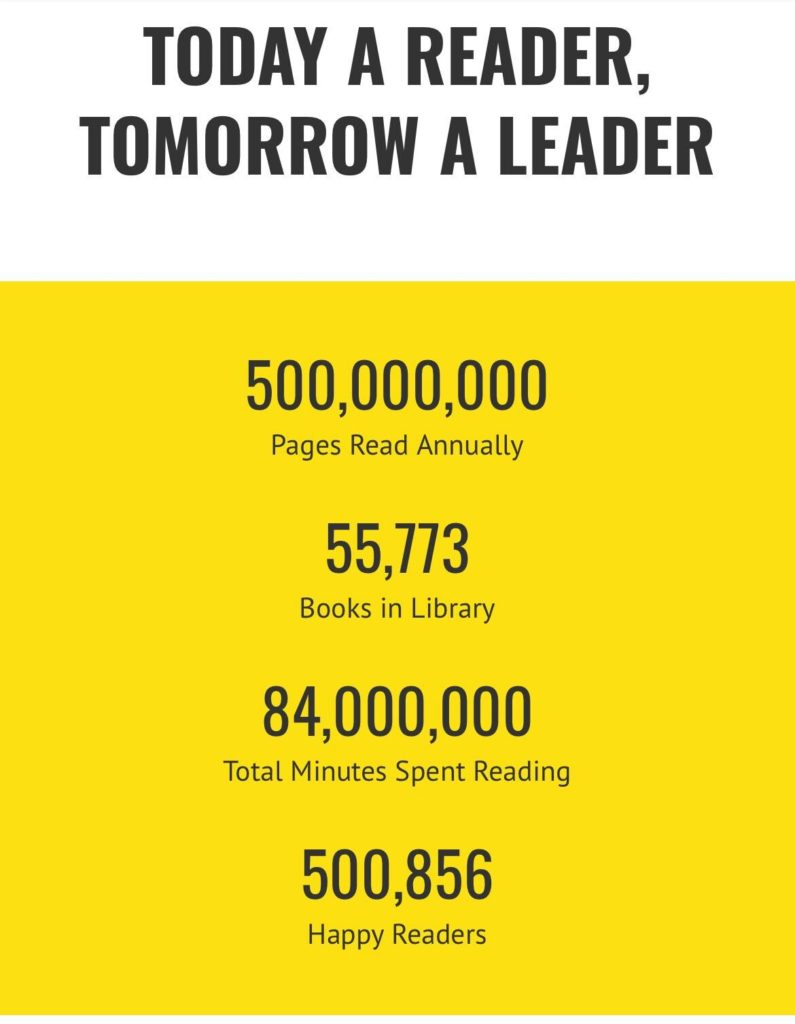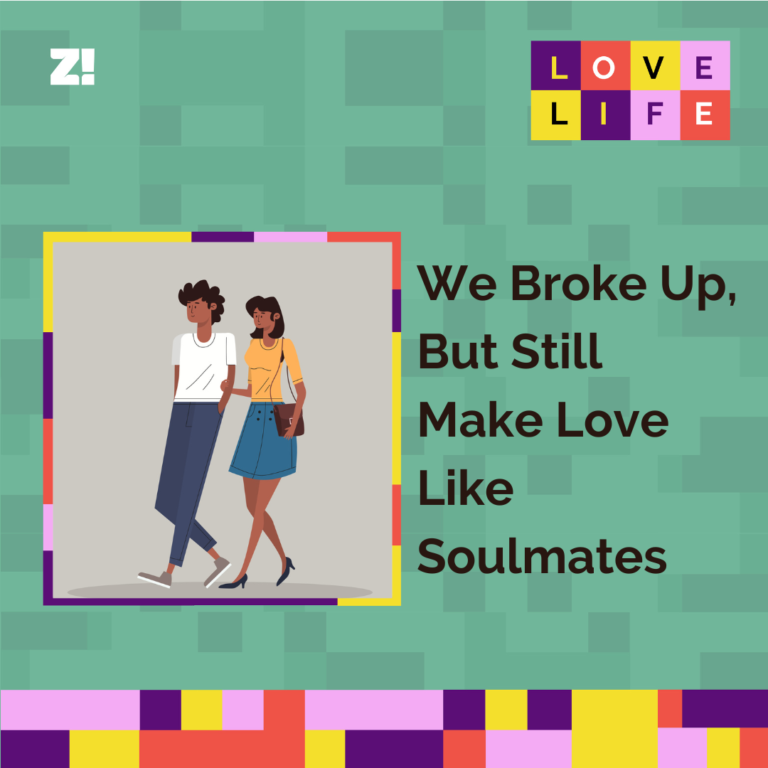I loved my storybooks as a child; the way they wrapped me in a cocoon of colourful imagination and suspended reality. This affection for stories would grow into a yearning to tell them, to write them even. In pages after pages of 60-leaf notebooks, I named names, created happiness, sadness, poverty and wealth, telling stories with happy endings. In senior secondary school, friends and classmates would discover my stash of story-filled notebooks and pay to read them. ₦20 to rent a book for a day, and ₦50 if it exceeded a day.
It was this yearning to tell stories, and earn money while at it, that led me to discover OkadaBooks in 2014 — a year after it was established by author, Okechukwu Ofili.

Image Source: Taylor & Francis Online
Like many Nigerian writers, Ofili had faced his share of frustrations from the bureaucracy of traditional publishing.
“The problem was not selling the book, the main issue was collecting the money after I had sold the book,” he recounted in a 2017 interview. “I would visit the bookstores, and they would keep telling me to come back later or that the manager was not around.”
Ofili would launch the platform that revolutionised digital publishing in Nigeria and sub-Saharan Africa by extension. The name “Okadabooks” was inspired by a dream in which he saw himself hitching a ride on a motorcycle AKA okada. The mode of transportation was known to bypass traffic congestion in Nigeria, and get commuters to their destination in record time.
For Ofili, the poor distribution and high printing costs of traditional publishing were similar to traffic jams. They could only be bypassed by an alternative that made it easier to publish, buy and consume literature on mobile devices.
Since it took off, the platform has become an integral part of the Nigerian literary community, providing a safe haven for upcoming writers. It has housed over 55k authors in its virtual bookshop and connected over 500k readers to their favourite stories.

Image Source: Okadabooks
However, on Monday, November 20, 2023, ten years after beginning its mission to simplify and provide access to digital publishing, Okadabooks announced its closure.
“This has not been an easy choice. We’ve explored various avenues to keep our virtual bookshelves alive, but unfortunately, the challenges we face are insurmountable,” the company posted on social media.
The end of an era

Image Source: X/@J_Chiemeke
“Okadabooks served as a refuge of sorts when I was exploring various e-platforms for African books in 2014. It made reading cool, fun and easy,” Kumashe Yaakugh, an author with three published titles on the digital platform told Zikoko. “It wasn’t just a digital space; it was a community that nurtured my love for African literature and helped my journey as a writer. The absence of such a platform means a reduction in the visibility of African literature, hindering the opportunities for emerging writers to showcase their talent and connect with readers.”
Jerry Chiemeke, a Nigerian author and critic mulling over the shocking closure, said he’d received an email a few weeks earlier, asking him to claim his payout.
“I just felt that the platform was trying to balance its books for end-of-year analysis… but then, on Monday (November 20), the bombshell dropped. It was a big shock, to put things mildly.”
Chiemeke described Okadabooks as a premium brand that set the blueprint for other publishing websites in Nigeria.
“It eased the process for ambitious creatives who were looking to make a career out of their passion. Aspiring authors no longer had to wait for years to receive feedback from publishers. As an author, it helped me get my first manuscript out to the world in 2017. I had written a hybrid collection of prose and poetry, and at the time, it would have been difficult to be accommodated by a traditional publisher.”
He expressed concern over the opportunities for investment in the Arts, and independent authors who may have to turn back to traditional publishing.
“The closure is another sad addition to the list of platforms folding up. It raises questions to the viability and sustainability of virtual publishing platforms. People will begin to wonder whether it’s even worth it to invest in the Arts. A lot of independent authors will no longer have a home for their work, and they will be thrown into the wild terrains of traditional publishing where they have to hawk for agents and a press to accept their manuscripts. For others, their careers as authors might even grind to a halt. However you want to look at the situation, it’s sad all around.”
Another author, Tomilola Coco Adeyemo, remembers Okadabooks as the platform that gave her the balls to put a price on her fiction: “I published on Okadabooks several times over the years. The literary space is tough in Naija. That thing they did where you could just upload your work in a few minutes, and it’ll be in the hands of thousands? Bliss! The royalties were fair too. I made over a million in royalties even though my first book was free. I have an ebook with over 3000 downloads. As an indie romance author, that was amazing. Listen, Okadabooks was the only platform where you, as an indie Naija author, could outsell Chimamanda by your number of downloads. Ofili had a vision, and oh, it was good!”
While the closure came as a shock, Adeyemo had her concerns about “perceived low sales and usability of the app”. She suspected something was off when Okadabooks sent an email to authors asking them to withdraw their money weeks before the closure announcement.
“It’s a sad time for the Nigerian literary community, and recovery might take time. That platform pushed writers far. My books got downloads from as far as China — that’s not beans. The Nigerian literary community has lost one of its lifelines; an avenue for writers to make money, be seen and build a community. Even if the industry recovers, it’ll take time.”
Kehinde, a literary enthusiast, never published on Okadabooks. But he’s been a dedicated user of the app since he discovered it in 2014: “I’ve had the privilege of using the Okadabooks app for nine years. I discovered it through a literary club, and at the time, I struggled to read paperbacks. Discovering a platform where I could access so many Nigerian writers across different genres was bliss. I was like a kid who’d been thrown into a candy shop without supervision. It’s really sad to see them go, especially knowing that it’s a decision tied to limited financial resources. There are so many young authors and literature lovers who’ll never get to experience the beauty of the platform. It’s really the end of an era.”
As Okadabooks comes to its final chapter, it poses new challenges and casts a shadow over the future of aspiring Nigerian authors.
Okadabooks wasn’t your regular platform; it shattered barriers posed by traditional publishing, allowing untold stories to find a home. It emboldened writers to put prices to their work and earn honest income. It satisfied the appetite of readers in search of diverse literary experiences.
As we bid farewell, we also commit to memory the vibrant tales it housed. Okadabooks may be closing its doors, but Okechukwu Ofili’s impact will continue to resonate in the hearts of those whose stories were given the chance to soar.




